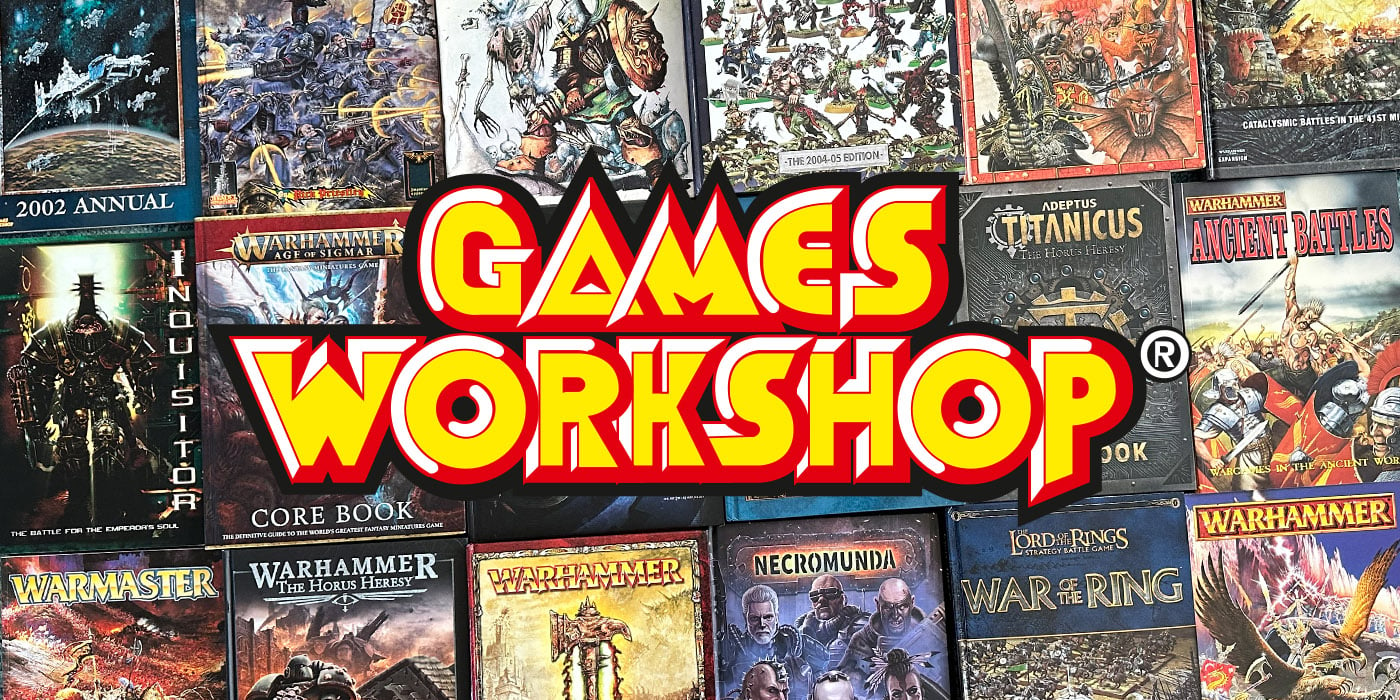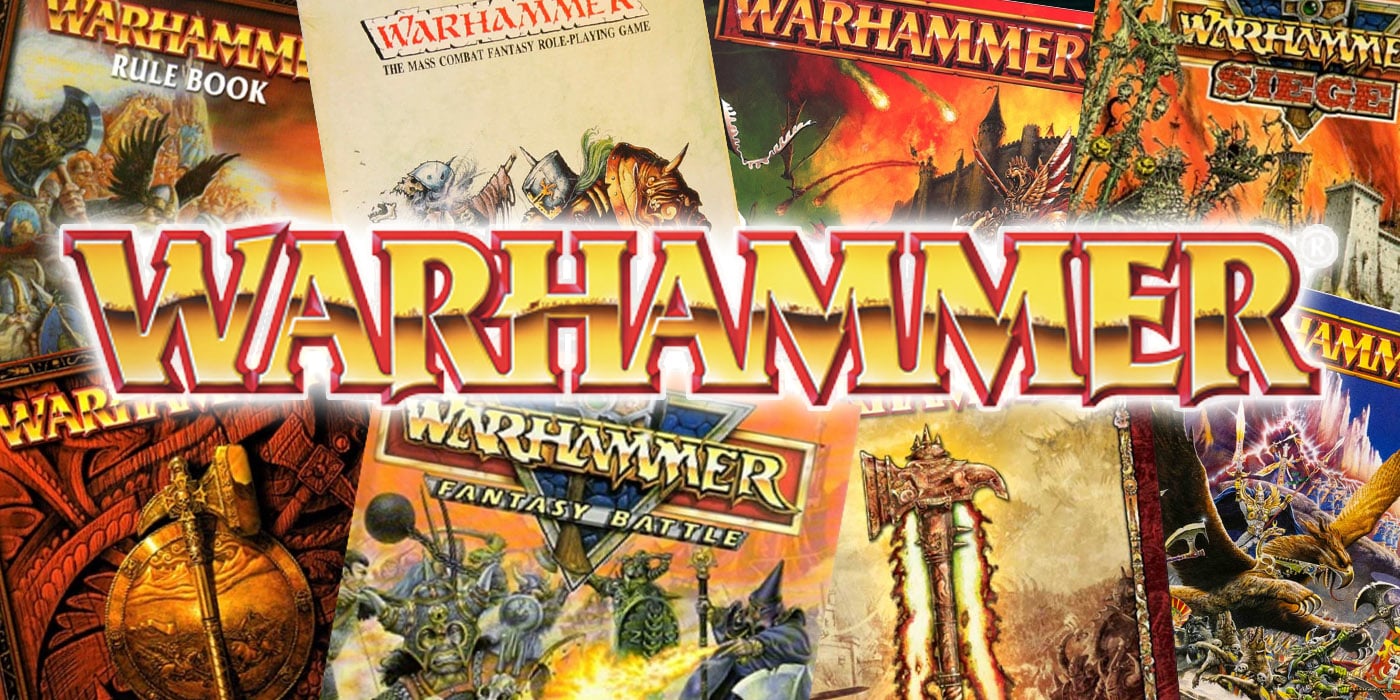Inside the Boardroom: Games Workshop’s Profit Machine


A professional investor heads into Nottingham’s annual general meeting and returns with a full report of what makes GW tick:
via Richard Beddford on Interactive Investor
Columnist of Money Observer magazine Richard Beddford attended Games Workshop’s latest General Annual Meeting in Nottingham, and got the rundown of what the company is up to from the members of the board. Here are some excerpts of his thoughts:
Games Workshop AGM: A Relentless profit machine
I came to the AGM wondering whether Games Workshop was alive to the risk that it is serving a diminishing band of nostalgic modellers who are prepared to spend a lot of money on intricate miniatures they will probably never use in battle, while through price rises, rule changes, and staff reductions at Games Workshop stores, the company has alienated new recruits who cannot afford armies of figures, and frankly aren’t that bothered about how pretty they are.
…Rountree’s main preoccupation is recruitment. He and Kirby have spent the last five years returning the business to high levels of profitability by taking out cost. Now, if it’s to grow, the new lean profit machine must recruit new storekeepers, particularly in continental Europe and North America. It’s a hard job, he says, running a one-man Warhammer store, and the company’s tough love, it supports managers who “want to continue in the job”, contributes to a 30% turnover rate.
…The company’s attitude towards customers is as clinical as its attitude towards staff. If you don’t like what it’s selling. You’re not a customer. The company believes only a fraction of the population are potential hobbyists, and it’s not interested in the others.
…I’m told that the word “Game” in Games Workshop encourages the misconception that games are its business, but that only about 20% of Games Workshop’s customers are gamers. The rest are modellers and collectors. Maybe half of them think about playing now and then. The other half have no intention. People actually walk into the stores because they’re curious about modelling fantastic armies.
Advertisement…When another shareholder asks if the company would sell games with pre-painted easy to assemble miniatures like the popular Star Wars themed X-Wing game, there’s a collective growl from the Games Workshop people. It wouldn’t be a hobby business then, it would be a toy company.
Go read the entire piece. It’s fascinating. Normally these types of write-ups are done by financial folks who know little to nothing about what Game Workshop actually does, and even less about the details of thier product lines, customer sentiment, and the industry in general.
This piece is interesting because Mr. Beddford has done his research and is asking the right questions and paying attention to the key answers. Thus we get the further emphasis on models over games, the internal difficulty in recruiting and retaining retail staff, the long-term investment in Age of Sigmar (which I’m assuming is here to stay for very long time), and over and over the “we know what we are doing” and “it’s my way or the highway” philosophy he is reporting.
Then you get to some of the company’s internal distinctions between how it sees itself and it’s competitors. If you play Age of Sigmar for example, there is an 80% chance you are a hobbyist and collector (and maybe a gamer) in GW’s eyes. If you buy X-Wing miniatures, you are playing with toys.
It’s clear that GW knows at this point it can’t belt-tighten it’s way out of it’s current situation, and has a clear plan on how to grow in the future.
~ Whether gamers as opposed to hobbyists are part of that future seems to be the real question open to debate.








